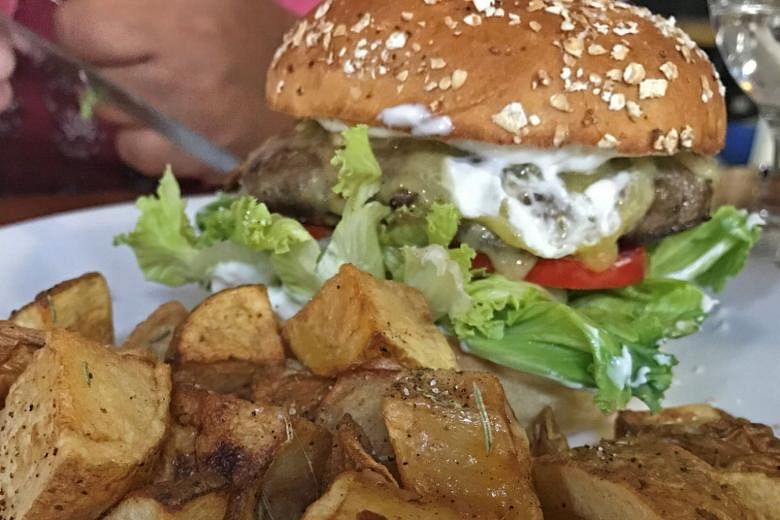(THE GUARDIAN) - In mediaeval times, people believed that what they ate affected their mood.
If they wanted erotic stimulation it would be eggs, beef, pomegranates or peacock. Feeling down? They would reach for quince, dates and elderflowers. In the absence of valium, they used lettuce and chicory as tranquillisers.
So when did we lose the idea that food can affect one of our biggest organs - the brain? While the link between food and diabetes, heart disease and obesity is well established, any association between mental health and diet is tentative by comparison. But it is gradually emerging as a serious topic of study.
Research carried out by a team led by Lina Begdache, assistant professor of health and wellness studies at Binghamton, New York, found that young adults (under 30) who ate fast food more than three times a week scored higher on levels of mental distress.
Fast food is usually high in the saturated, trans- and omega-6 fatty acids that can provoke a low-grade inflammatory response in the body, which, in turn, is linked to anxiety and depression in both animal and human research.
Those in her study who ate meat three times a week or less (which she classifies as low consumption) also had more mental health problems.
"We were surprised by this," says Begdache. But mood and meat are linked at a cellular level; tryptophan in meat is a precursor of serotonin, the brain's "feel good" chemical.
For adults over 30, the study found that eating less carbohydrate and more fruit reduced anxiety and depression. Fruits are high in antioxidants that protect the brain, but the low carbohydrate effect is a puzzle because carbohydrates promote serotonin production.
The study looked at both the effects of diet on mood and vice versa.
"But much of it is hypothetical," says Begdache. "We can really only say they are linked." Studies point to a Mediterranean diet being as good for your brain as your body.
"It has all the components that are important for the healthy structure of the brain," says Begdache. The diet contains polyunsaturated fatty acids; minerals such as zinc from whole grains, meat and milk; magnesium from green leafy vegetables; and vitamins B, C and E from fruit and vegetables and dairy products.
But there is no short cut: "Our study looked at the use of supplements. They produce no benefit on mood." The link between diet and mood is highly individual, but Begdache says there is some research that shows mood improvement after two weeks. If you have already got a freezer stuffed with stodgy food, you may want to wait until after Christmas.

